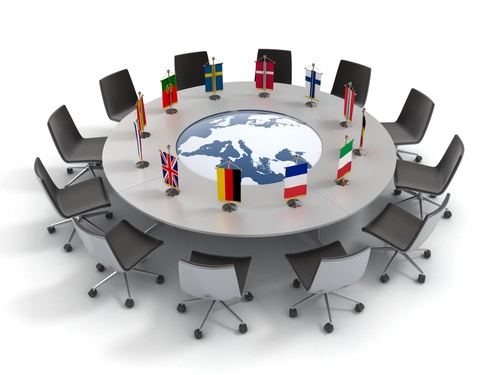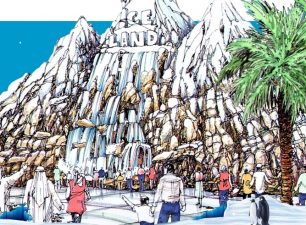In advance of the annual EU-Israel Association Council meeting on Tuesday, the European Union stated it will offer Israel upgraded trade and diplomatic relations in over 60 areas, including energy and agriculture. This offer will also grant Israel access to European government-controlled markets and enhance Israel’s co-operation with nine EU agencies.
This announcement came almost a week after the European Commission and Israel announced they are increasing cooperative efforts to develop sustainable water supplies and energy-efficiency, including oil fuel alternatives. Israeli Prime Minister Benjamin Netanyahu referred to the latter agreement as an important milestone between Israel and the EU.
Such collaborations have unlimited potential. In June a new innovation by Israeli solar energy company TIGI Ltd., which would make it economical to harvest solar power in regions without sunny climates, won recognition at the Intersolar Europe Exhibition in Munich, Germany. European markets currently represent an estimated 60 percent of Israel’s annual trade.
Despite the fact that Israel is already intrinsically involved with Europe’s intergovernmental renewable energy developments, such as programs overseen by the EUREKA network, the EU’s decision to upgrade relations with Israel has already received a vast array of criticism from senior diplomats and pundits. Just a few weeks ago European foreign ministers warned that Israel’s policies in the West Bank “threaten to make a two-state solution impossible.” One Brussels-based bureaucrat suggested the EU should leverage economic relations to pressure Netanyahu to cease settlement construction in the West Bank.
The Palestinian-Israeli conflict has indeed been a stumbling block for Israel’s relations around the world, including its fledging connection with Japan. But Israel has generally responded to joint pressure on this issue with self-imposed isolation and increased nationalism rather than compliance. Pragmatic alternatives for the EU might include empowering Palestinian people and encouraging diversity and transparency within Israeli democracy. Surveys conducted in 2010 by the Harry S. Truman Institute for the Advancement of Peace at the Hebrew University in Jerusalem found that 60 percent of Israelis wanted to dismantle most of the settlements in the Occupied Territories.
Europe’s current economic turmoil is another contributing factor to Israel’s upgrade by the EU. It is perhaps the most significant development between the EU and Israel since 2009, when the EU halted Israel’s upgrade to denounce Operation Cast Lead.
::Guardian
Image of European roundtable from Shutterstock
Read more about Israel’s global energy connections:
Clean-Tech Bonds Forged Between Israel and Canada
Israel’s Mekorot Builds Global Connections Through Water
NaanDanJain’s Irrigation Technology Strengthens Ties Between India and Israel




